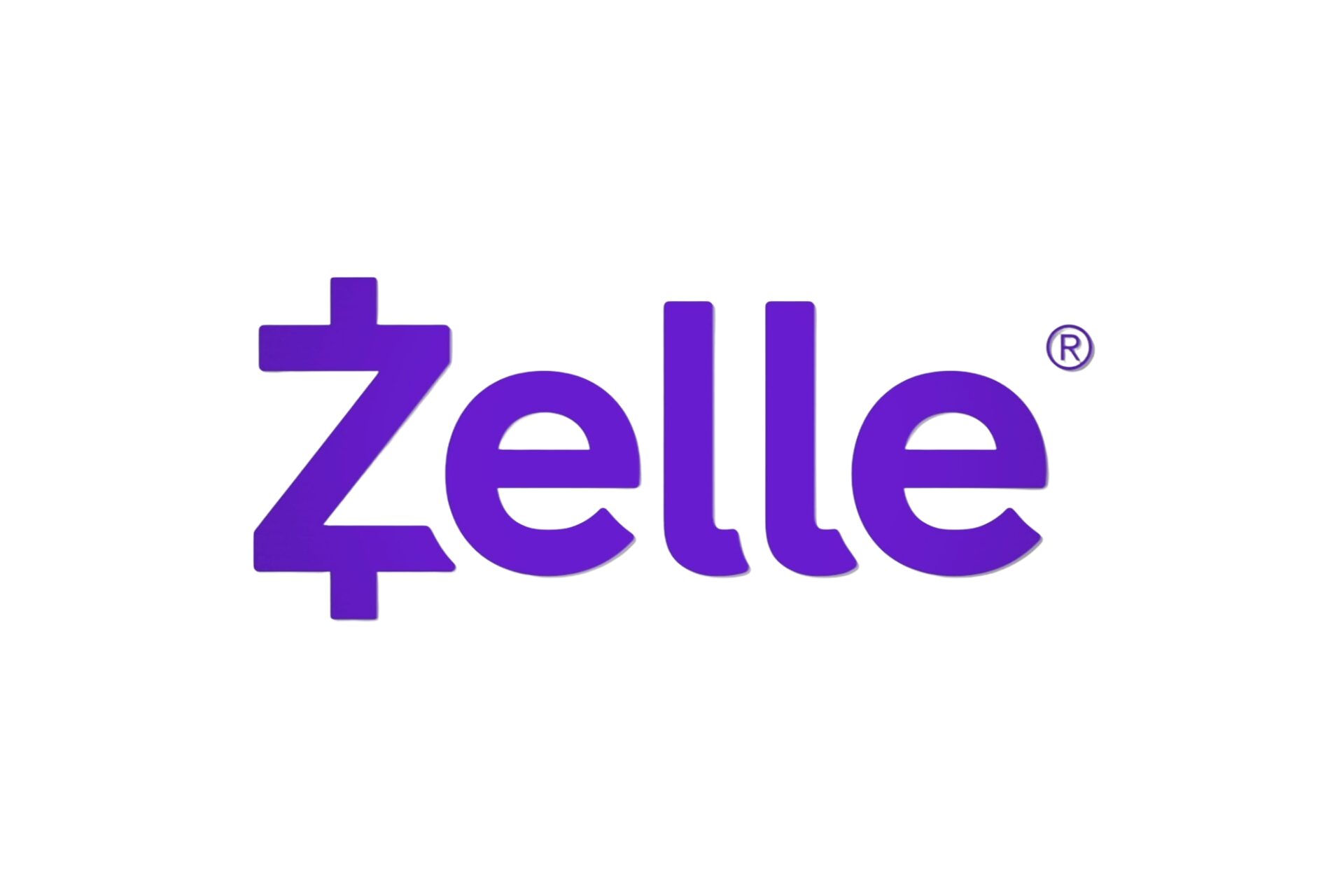How to Stay Safe and Prevent Zelle Scams in 2023
A mobile phone number or email address is all that’s needed to use the well-known app Zelle to send money instantly from one US bank or credit union account to another. While Zelle offers a convenient peer-to-peer payment service, it’s important to keep in mind that there is a risk of fraudulent activity associated with it.
Understanding Zelle: A Payment Network Overview
Zelle is a payment network in the United States that is owned by Early Warning Services. Using the Zelle app, you can transfer money in just a couple of minutes to almost any bank account in the US. No matter which banks the parties concerned use, all that is required to send or receive money is an email address or phone number.
A Closer Look at Zelle Scams
Scammers using Zelle frequently use human feelings like joy, sympathy, and fear to trick users into sending payments. These fraudsters manipulate the trust of Zelle users by fabricating stories about desired items or necessary situations and then asking for money transfers through the platform.
In some cases, if a Zelle user loses their phone, anyone who has access to it can make unauthorized payments, resulting in significant financial loss to the victim. It is important to stay vigilant and cautious to avoid these types of scams.
Zelle Impersonation Scam
One of the most frequently encountered scams on Zelle is impersonation. A scammer will pose as your loved one, friend, or acquaintance and request money through Zelle, claiming that they need it urgently for a pressing matter. A fraudster may also ask you to send a Zelle transfer while posing as a reputable business or agency, as an alternative.
Beware of Facebook Marketplace Zelle Scam
Be cautious when you encounter a Facebook Marketplace seller who exclusively accepts Zelle as payment. It is possible that the product listing is a scam, and the seller, who is not actually in possession of the item, has no intention of fulfilling your order. You might not get the item you ordered after completing the Zelle transaction, regrettably.
Business Account Scam
In a business account scam, a seller will receive an email from an interested buyer stating that the buyer (i.e., the scammer) has paid with a Zelle business account. Additionally, to receive payment, the seller must switch to a company account. The catch is the seller would need to pay a small fee to upgrade to a Zelle business account. The money goes to a scammer when the seller makes a payment to an email address or phone number mentioned in the email.
Protect Yourself from Impersonation Scams on Zelle
One of the most frequent scams on Zelle is impersonation fraud. Here’s how it works: A scammer poses as someone you know, like a friend or family member, and claims to need funds urgently for a personal situation. Alternatively, they may pretend to be a reputable organization and request that you make a Zelle transfer. Before sending any money, use caution and confirm the recipient’s name.
The Danger of Romance Scams
Beware of online romance scams, where criminals create fake profiles on dating sites to befriend victims. They then present themselves in difficult situations and ask for money transfers, often through Zelle. Stay vigilant and don’t fall victim to these heartless scams.
Beware of Phishing Scams Involving Zelle
Zelle scams frequently use phishing tactics to trick individuals into revealing their account access details or other sensitive financial information. A common Zelle phishing scheme involves deceitful individuals impersonating company executives through email or phone calls. They urge the victim to click on a link or open an attachment, which installs malware on their device.
How to Prevent Zelle Scams: Helpful Tips
To protect yourself from fraud and scams while using payment apps, it’s important to follow these guidelines:
- Activate multifactor authentication to make the most of your security options. This security feature adds an extra layer of protection by requiring a second or even third step to verify your account when you log in on a new or existing device.
- Be cautious of phone calls from individuals claiming to be banking professionals. This method is frequently used by cybercriminals to deceive users into disclosing their confidential data. Keep in mind that banks never contact customers to request confidential information. Keep in mind that banks never contact customers to request confidential information.
- Do not give money to strangers. Payment apps were designed for easy money transfers between friends and family, not for purchasing products or services. If you come across an advertisement that requires you to send money through a payment app, it’s likely a scam.
Recovering Money Lost to Zelle Scams: Is It Possible?
If a Zelle transaction is conducted without your knowledge, it is considered fraud, and you should receive compensation since you did not authorize the activity. However, if you willingly approved the transaction, even if you were later tricked, you may not be able to recover the funds.
If you are a victim of the Zelle scam, seek help from Report Scam for recovery. This will help you in getting back to you with the best possible remedy to get back your money. A little caution can get you a long way in staying ahead of these scams!
Facebook Page – Visit – ReportScam Community
Twitter – Report Scam Forum
Instagram – Reportscamcommunity
